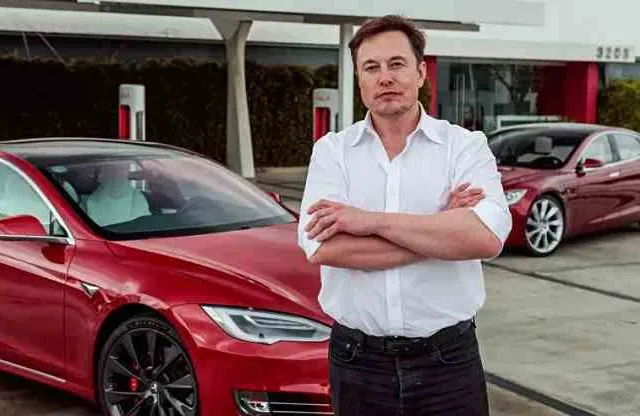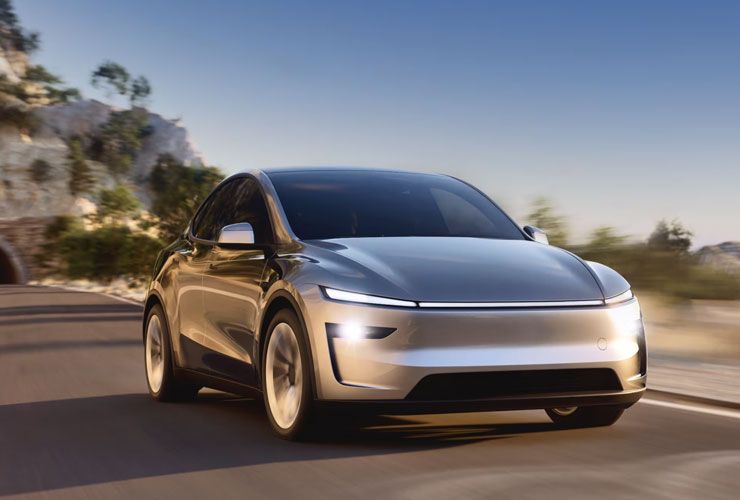Elon Musk's New Salary At Tesla Is More Than Yearly Profit Of Entire Indian Auto Industry


Tesla’s board has approved a $29 billion compensation package for CEO Elon Musk, a figure that exceeds the annual profits of India’s entire automotive sector. The scale of this award underscores the sharp contrast between global tech-automotive giants and traditional car markets, even in the world’s third-largest automotive market by volume.

The package grants Musk around 96 million Tesla shares, valued at $29 billion based on current market prices. It comes under Tesla’s 2019 Equity Incentive Plan as an “Interim Award” and is intended to keep Musk at the helm while he challenges a US court ruling that struck down his earlier $56 billion package.
India’s automotive sector is worth over $100 billion and contributes 7.1 per cent to the country’s GDP. It employs over 19 million people across manufacturing and ancillary units. Yet, the profits of Indian automotive firms remain small compared with Musk’s single award.

Tata Motors, one of India’s biggest manufacturers, posted a net profit of ₹4,003 crore (about $480 million) in the first quarter of FY2026. Even if this performance continued across the year, it would amount to around $1.9 billion in annual profit; still about 15 times less than Musk’s new package.

Maruti Suzuki, India’s largest carmaker, has seen its margins shrink in recent years despite holding market leadership. Hyundai operates with double-digit margins, while Kia India has only recently moved into profitability after its rapid entry into the market. The combined profit pool of all Indian carmakers still falls short of Musk’s pay.

Unlike most automotive CEOs, Musk takes no salary or cash bonus. His earnings come entirely through stock options that allow him to buy Tesla shares at below-market prices. The shares from this package will vest two years after approval if Musk remains CEO or holds another senior role.
Tesla’s valuation reflects its shift from being a pure carmaker to a technology-led company involved in robotics, AI, and autonomous driving. Musk has signalled a pivot from affordable EVs to developing robotaxis and humanoid robots, making the company’s profile closer to a tech giant than a conventional automaker. This positioning supports a pay structure that would be unthinkable in a traditional car company.
India’s automotive market is dominated by price-sensitive buyers who favour compact, low-margin vehicles. Manufacturers compete heavily on cost efficiency, limiting the scope for high profit margins. Multiple players [Maruti Suzuki, Tata Motors, Mahindra, Hyundai, and others] fight for share in this competitive space.
Tesla, by contrast, operates as a premium global brand with fewer direct competitors in its core segments, allowing higher pricing power and margins. Its global ambitions also extend beyond vehicles, with investments in AI, software, and energy products.
The board has defended the package by pointing to the global competition for top AI and technology talent, arguing that Musk’s leadership is central to Tesla’s growth in emerging fields. They see him as more than an automotive CEO, given his involvement in autonomous systems and robotics, areas where expertise commands a premium.
The deal also comes with legal history. A Delaware court had earlier cancelled Musk’s 2018 pay deal, which was valued at $56 billion, calling it the largest potential compensation in public market history. The new $29 billion award is smaller but still unprecedented.
For Indian automakers, the comparison highlights deep differences in market structure, consumer behaviour, and business models. While Indian companies focus on delivering affordable vehicles in a competitive, cost-driven market, Tesla operates in high-value segments where technology leadership and brand strength drive profits and, by extension, executive pay.
Via Reuters